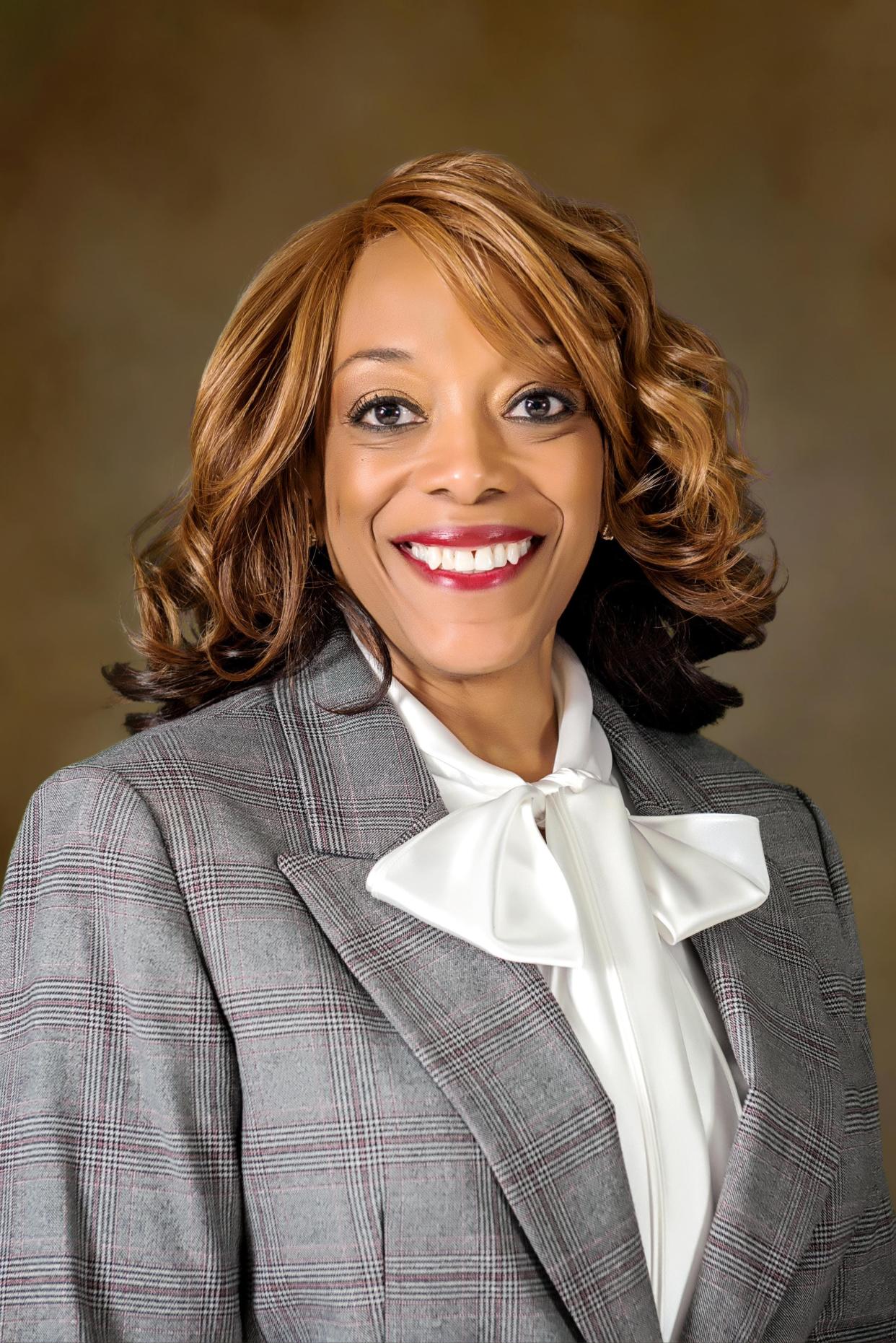Hoke hospital president: Do not wait to stabilize hospitals. Expand Medicaid.

Hospital COVID-19 admissions are increasing again as hospitals continue to struggle with crushing costs and a punishing economy. Costs associated with caring for communities have increased over 20%, and local hospitals are seeking sustainable financial relief in the form of a bill that would allow for Medicaid expansion and the Healthcare Access and Stabilization Program (HASP).
Medicaid expansion would increase access to care to 600,000 North Carolinians who often experience delayed medical care because they are uninsured. As a physician who has taken care of the underserved and uninsured, I know firsthand that delayed care can cause issues such as severe chronic medical conditions and avoidable deaths.
More: NC Senate has voted to expand healthcare via Medicaid; it’s the House's turn
More: Quaker House director: Medicaid expansion will help NC veterans
Expansion and HASP would also ensure that vital health needs and economic stability in communities are met. For example, the community hospital is often the largest employer and provides a substantial tax base. The community hospital also protects public health, for instance by partnering with local public health agencies to ensure access to COVID testing and vaccinations. Hospitals also provide ambulance services, educational experiences for students, and charity care for uninsured individuals.
More: NC Medicaid expansion: 4 things to know about GOP plan to dramatically change healthcare
North Carolina hospitals are not immune to inflation woes hitting other industries. As the need for hospital services has increased exponentially during the pandemic, the field is feeling the brunt of inflationary increases.
Community hospitals are battling issues like workforce shortages, skyrocketing labor expenses, increases in costs of medications and supplies, revenue reimbursement issues and more; but unlike other industries, they must do so without increasing prices. They offer care to everyone regardless of ability to pay. Over 60% of North Carolina hospitals are posting financial losses.
Expanding Medicaid and ensuring HASP payments is crucial to many hospitals’ survival. We recently saw a hospital close, a hospital curtail intensive care services and a hospital layoff 200 employees. This foreshadows what might come without sound policy and legislation that safeguards hospitals.
Thirty-nine states and the District of Columbia have already moved to expansion and are reaping financial benefits from those that have not expanded. Without expansion, North Carolina donates its $8 billion share of federal funds to these other states.
We also leave another $3 billion of HASP funds on the table. This equates to $11 billion dollars our communities lose at a time of great need. Our state’s benevolence instead benefits citizens in states like Kentucky, West Virginia, Louisiana, Missouri and Oklahoma.
Passing a bill that expands access to care for vulnerable citizens and ensures the sustainability of hospitals is easy. It simply requires a legislative vote on a single issue.
However, when coupled with additional legislation as outlined in House Bill 149 proposed by the Senate, the task becomes needlessly complex, subsequently untenable, fails to bring federal tax dollars back to our state, and, importantly, denies care to North Carolinians with great need.
A bill that expands access to healthcare should be passed on its own merit without conditions tied to it. Either we have the will to care for North Carolinians, or we do not.
Roxie Cannon Wells, MD, is President of Cape Fear Valley Health-Hoke Healthcare in Raeford and is also Chairman the Board of Trustees for the North Carolina Healthcare Association.
This article originally appeared on The Fayetteville Observer: Hoke hospital president: Do not wait to stabilize hospitals. Expand Medicaid.

